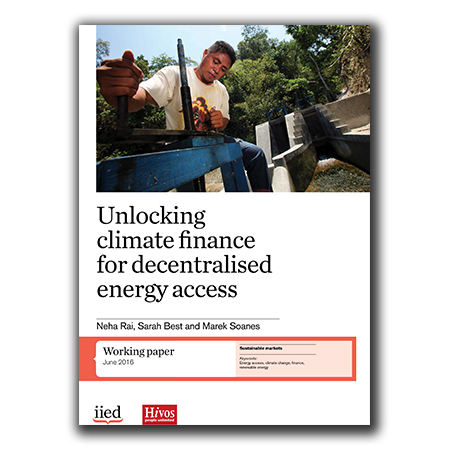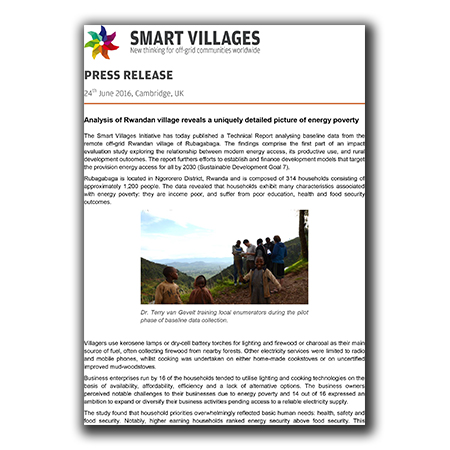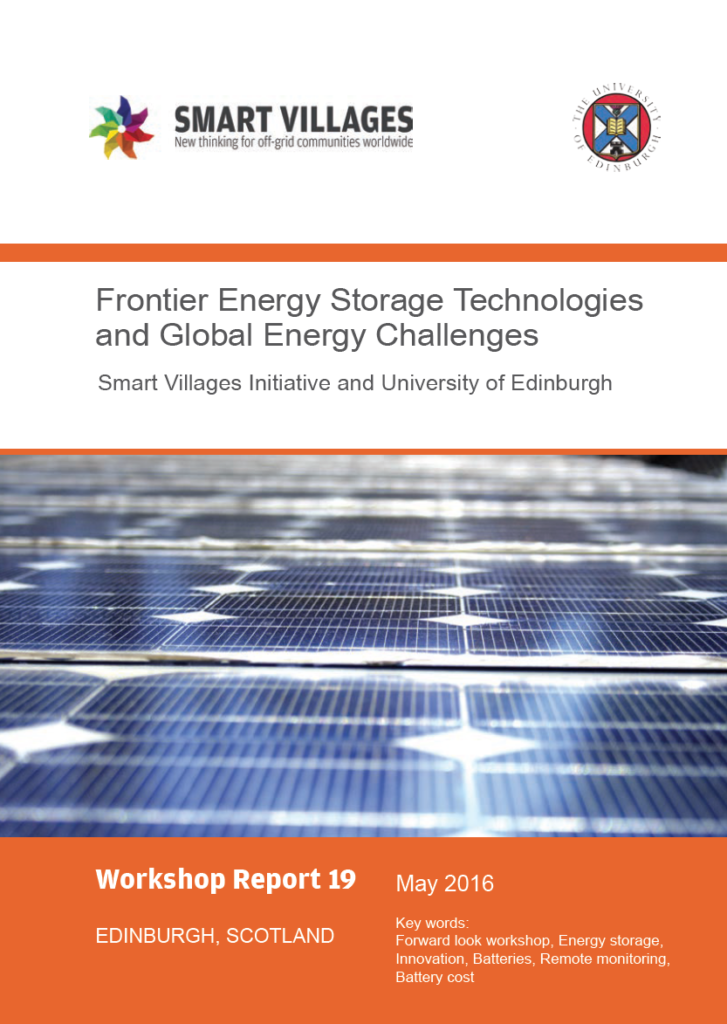WR23: South America Dialogue for media professionals
A major objective of the Smart Villages Initiative is to raise public awareness of rural energy access issues, sustainable energy technologies, and entrepreneurial approaches to energy in the developing world. In line with this objective, the Smart Villages Initiative, in partnership with the Green Building Council of Paraguay, held an international media dialogue for media professionals in Asuncion, Paraguay, …
WR23: South America Dialogue for media professionals Read More »




















